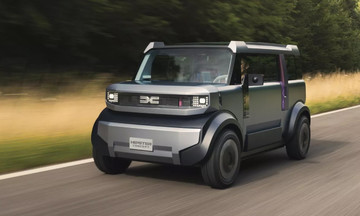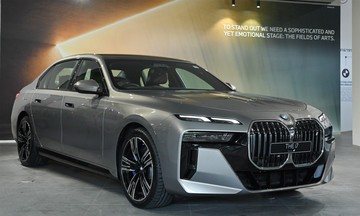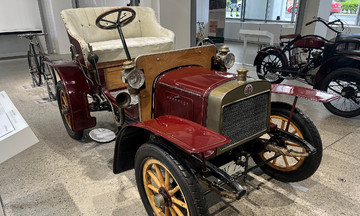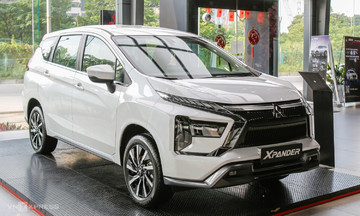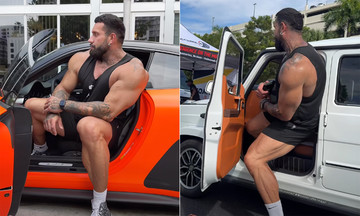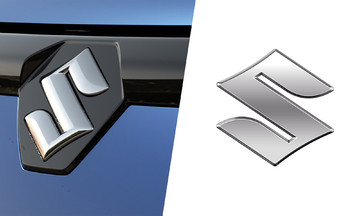When Audi executives first saw the Zeekr 001 in 2021, a European-styled long-range electric vehicle, it was a wake-up call. If the German luxury car brand wanted to compete with Chinese cars, it would need their technology.
"The Zeekr 001 shocked everyone at the time," said Stefan Poetzl, president of SAIC Audi sales and marketing. "We needed to do something."
To bolster its electric vehicle lineup for Chinese consumers, Audi created the AUDI E5 Sportback in just 18 months, utilizing technology provided by its Chinese partner SAIC. This included the battery, electric drivetrain, infotainment software, and advanced driver-assistance systems.
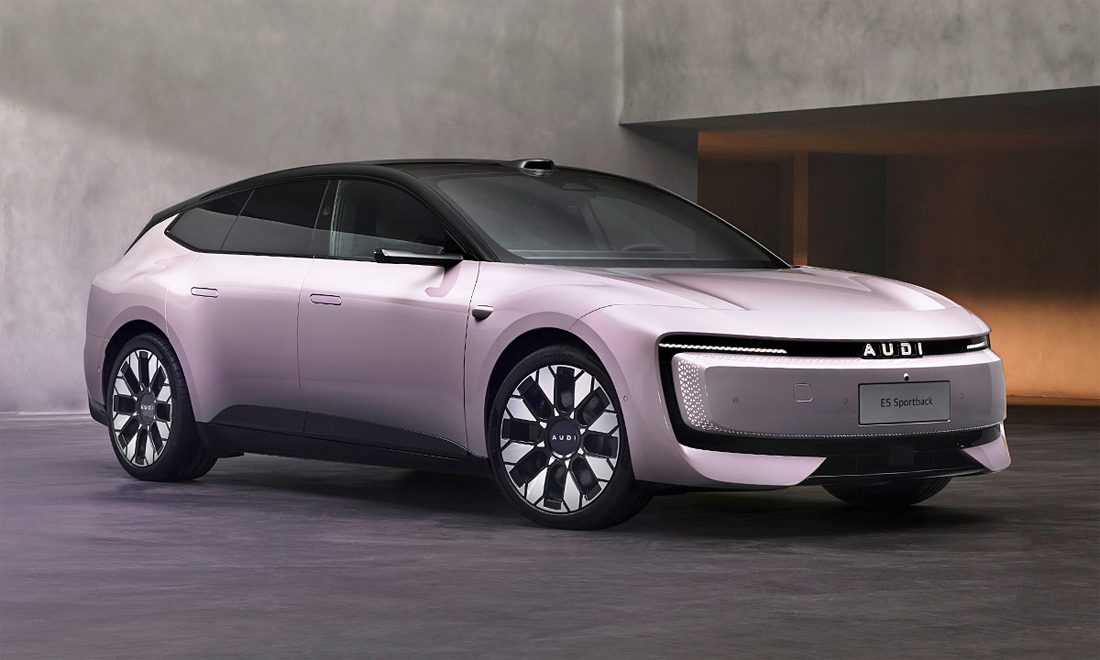 |
E5 Sportback - electric vehicle for Chinese consumers. Photo: AUDI |
E5 Sportback - electric vehicle for Chinese consumers. Photo: AUDI
Audi expects to begin delivering the 33,000 USD electric vehicle to customers in China this month. The company's global rivals are also looking to leverage Chinese intellectual property to quickly launch new models. Toyota and Volkswagen plan joint development for China-specific models with technology from their Chinese partners GAC and Xpeng, respectively.
Renault and Ford want to go a step further and develop global models based on Chinese EV platforms.
Such licensing agreements are generating a modest but growing revenue stream for Chinese EV makers and fostering a new reciprocal relationship. Global automakers need Chinese technology to overcome development hurdles and quickly launch new electric vehicles. Meanwhile, Chinese companies need additional revenue amid a fierce domestic price war and escalating trade tensions abroad.
"This is a very smart, win-win solution," said Will Wang, general manager of Shanghai-based consulting firm Autodatas, which provides analysis reports on best-selling electric vehicle models.
This new strategy is similar to Intel's "Intel Inside" campaign of the 1990s, a successful marketing campaign that created a sticker logo on computer products to indicate they were equipped with Intel processors (chips). This label helped users, especially those unfamiliar with technology, easily identify computers with Intel chips.
In this case, Chinese auto manufacturers are selling EV technology in a box: a platform for white-label electric vehicles, ready for assembly, suitable even for low-volume manufacturers with limited budgets.
A white-label product is manufactured by a third party but sold and distributed under another company's brand, logo, and name, not the original manufacturer's.
Leapmotor has partnered with Stellantis to sell electric vehicles outside China and is in talks with other brands to license its technology, CEO Zhu Jiangming told Reuters.
Using readily available Chinese EV chassis and software can save billions of dollars and years of development, helping traditional automakers catch up with their Chinese competitors, according to industry experts.
Renault was one of the early adopters, building the low-cost Dacia Spring EV on Dongfeng's platform for sale in Europe starting in 2021.
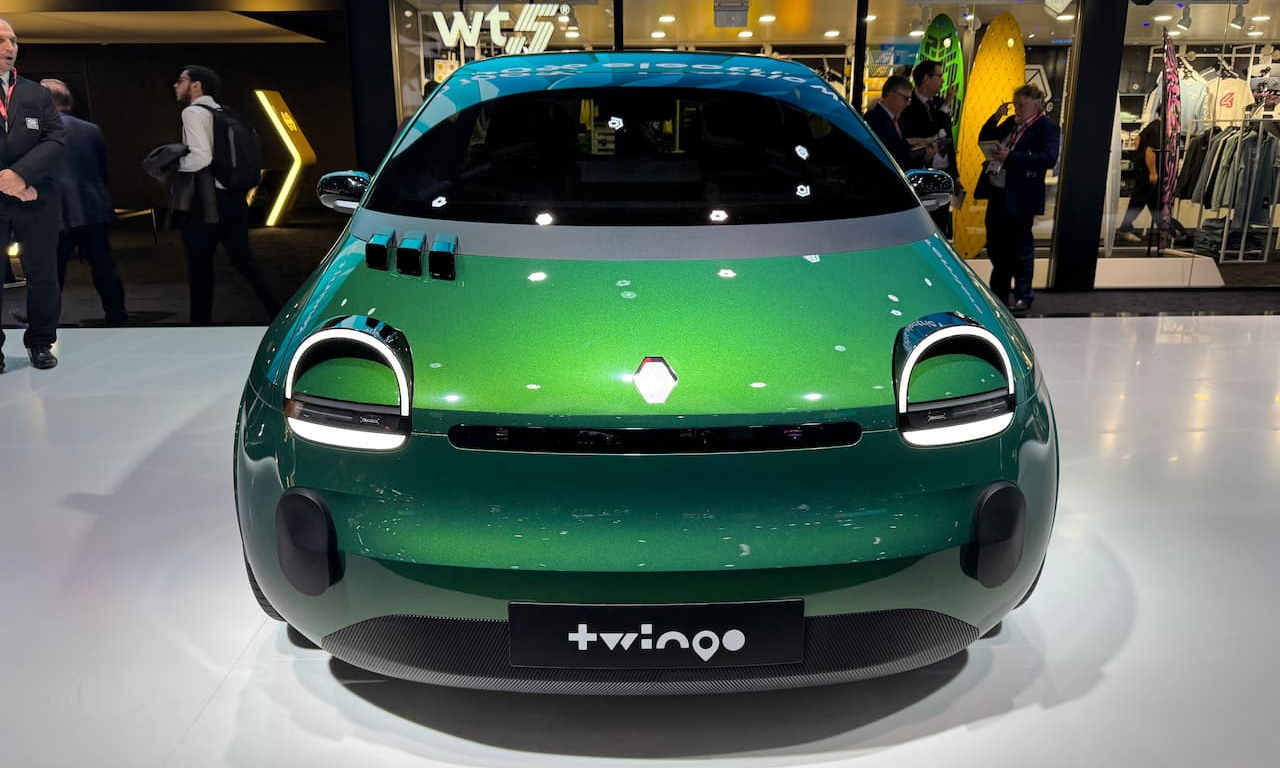 |
Renault Twingo - the French brand's electric vehicle developed in China. Photo: TopElectricSUV |
Renault Twingo - the French brand's electric vehicle developed in China. Photo: TopElectricSUV
The French automaker has also taken a further step with the new Twingo electric vehicle being developed at its Shanghai research center, with technical support from Chinese EV engineering firm Launch Design in developing the EV platform.
Other "China Inside" models are likely to appear soon. Ford is seeking a Chinese partner to supply EV platform technology. CEO Jim Farley has test-driven Chinese electric vehicles and recently praised Xiaomi's SU7 electric sedan.
Volkswagen is expanding its plans to develop China-specific models, using all fuel types, based on a platform co-developed with Xpeng, utilizing Xpeng's electronic systems and software design.
Analysts suggest that traditional automakers often struggle to develop flexible EV systems that can be updated quickly due to complex organizational structures.
That's why Volkswagen wants to see if Xpeng's EV technologies can supplement or replace Volkswagen's own, said Yale Zhang, managing director at Shanghai-based consulting firm AutoForesight. If successful in China, Volkswagen could apply this strategy globally, Zhang added.
A Volkswagen China representative said the cooperation with Xpeng is currently focused on China.
He Xiaopeng, chairman and CEO of Xpeng, said the two automakers want to expand their partnership beyond China. This would boost Xpeng's revenue without needing to build factories abroad, according to Wang.
Oliver Wyman analyst Marco Santino said traditional automakers can leverage the "power" of fierce competition in China's EV sector to get ahead of development trends.
"You'll have much better quality products on the market in less time," Santino said.
Inspired by Tesla, Chinese EV makers have developed modular platforms that help cut costs, accelerate development, and lower barriers to market entry. "They learned very quickly from Tesla," said Forest Tu, former executive at battery giant CATL, who founded the consulting firm Mapleview Technology.
That advantage is large enough to sustain "licensing and royalty services" as Chinese EV makers expand overseas, Tu said.
CATL has taken that approach with Ford, licensing its technology for a battery plant.
The export of Chinese technology could help less industrialized countries build their own "national EV brands," according to Tu.
Abu Dhabi-based CYVN Holdings, a strategic investor in Nio, has developed its own premium electric vehicle using the Chinese EV maker's chassis and software.
CYVN acquired British sports car maker McLaren in April and plans to sell electric vehicles under the McLaren brand. However, future models will incorporate more McLaren "DNA" and less Chinese technology.
Meanwhile, CATL's new EV chassis will allow consumers to "decide the look of an electric car, rather than letting the big automakers decide what to sell," said executive Hu Guoliang.
CATL will ramp up chassis production in the next three years after signing contracts with several domestic automakers. The company's Bedrock chassis debuted in Europe this week at the IAA Mobility show in Munich.
However, whether the shared benefits of Chinese EV technology will last remains an important question.
Former Aston Martin CEO Andy Palmer said that despite the R&D cost savings, automakers should avoid over-reliance on third-party technology. "In the long run, you'll be at a disadvantage because you're just a retailer," Palmer said.
Oliver Wyman's Santino said the big risk for traditional automakers is that using someone else's technology means "your ability to differentiate your brand is really limited." Santino added that by incorporating their own technology, automakers can "limit the risk."
My Anh




